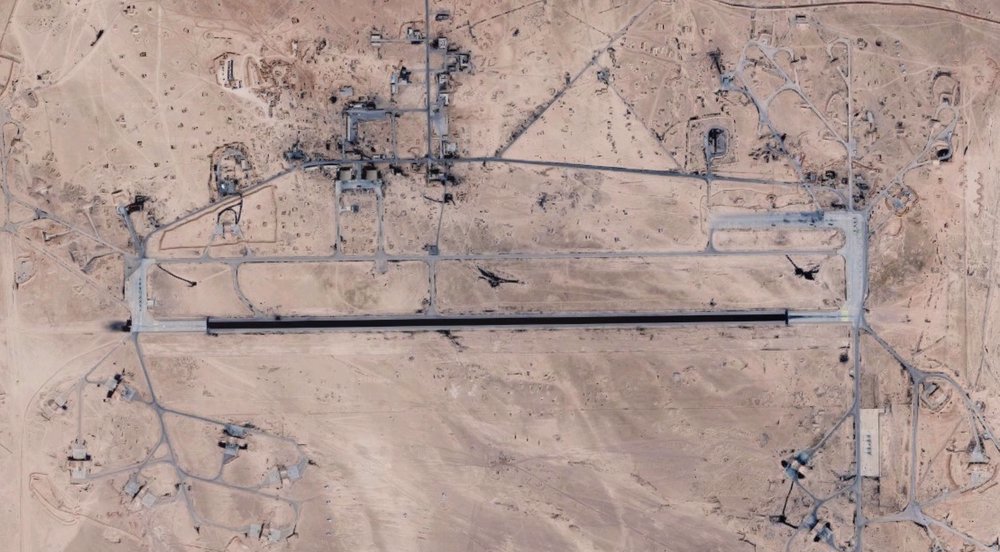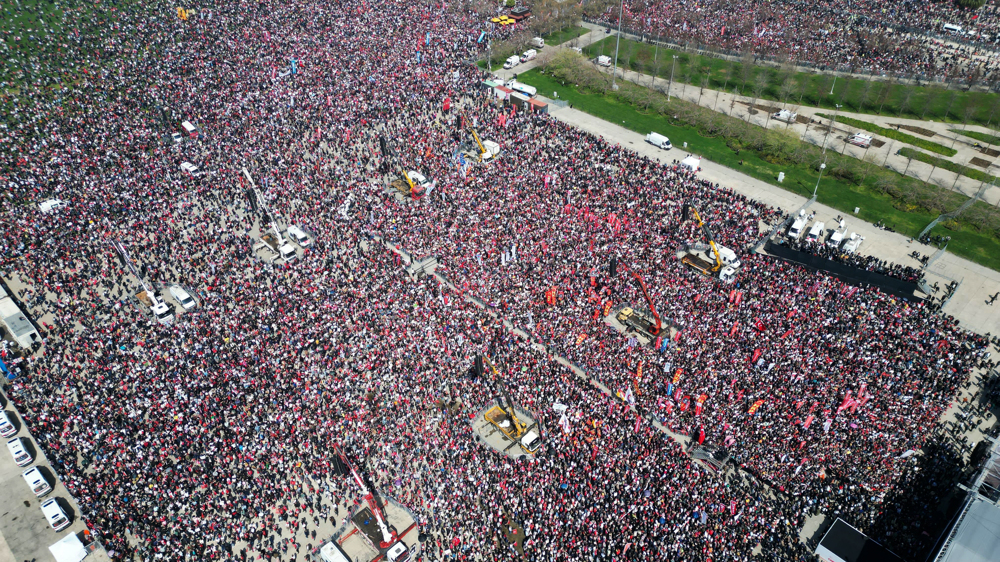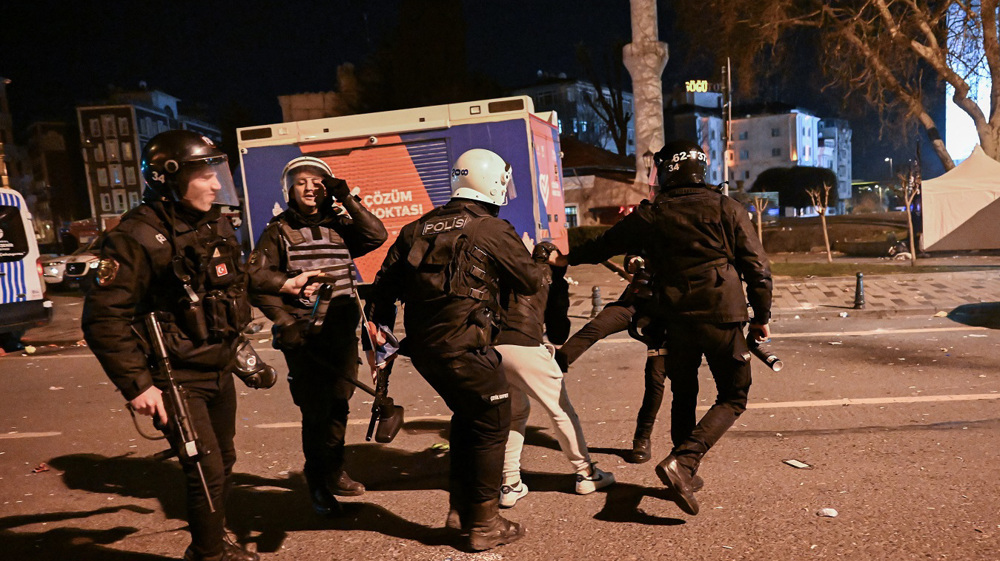Turkey's ban on Wikipedia to continue: Official
A Turkish official says a ban on Wikipedia will continue to be enforced until the online encyclopedia follows court rulings ordering it to remove anti-government content Ankara deems to be false.
"It's impossible for access to Wikipedia to be allowed until judiciary decisions are followed," the website of the Hurriyet daily quoted the head of Turkey's communications agency, Omer Fatih Sayan, as saying on Wednesday.
Turkey’s Information and Communication Technologies Authority (BTK) blocked all access inside the country to wikipedia.org on April 29 as “an administrative measure.” On May 1, a court in Ankara backed the ban with a formal order.
Local media said the access to Wikipedia was blocked after the site failed to remove two English-language pages that linked the Turkish government to the activities of terrorist groups and were deemed by Ankara to be false.
Internet users were still not able to access the site on Wednesday.
State media said the block was imposed as Wikipedia failed to respond to repeated requests by Turkey to remove content it believed were promoting terror and accusing Ankara of cooperation with several terrorist groups.
According to Hurriyet, the Wikimedia Foundation appealed the decision by the Ankara court.

On Tuesday, Istanbul's municipality officials canceled an invitation sent to Wikipedia's founder, Jimmy Wales, to attend the World Cities Expo, a major international conference to be held in the city on May 15-18.
"Access to information is a fundamental human right. Turkish people, I will always stand with you to fight for this right," Wales wrote in a message posted on Twitter on April 29 in reaction to the ban.
Over the past years, Turkey has become notorious for provisionally blocking access to popular sites, including Facebook and Twitter, in the wake of major events such as mass protests or militant attacks.
Ankara has also been engaged in suppressing the media and opposition groups, who were believed to have played a role in a coup attempt on July 15, 2016, when a faction of the Turkish military declared that the government of President Recep Tayyip Erdogan was no more in charge of the country.
Over 40,000 people have been arrested and 120,000 others sacked or suspended from a wide range of professions, including soldiers, police, teachers, and public servants, over alleged links with terrorist groups.

Turkey readies plans to take over Syria’s T4 airbase: Report

Hundreds of thousands rally in Istanbul to call for release of jailed mayor

Over 1,400 arrested as protests continue in Turkey despite ban
US launches more airstrikes on various areas across Yemen
VIDEO | Press TV's news headlines
VIDEO | Parisians hold rally in support of Palestinians
Nigerian security agents plan fresh attacks on followers of Sheikh Zakzaky in Abuja: Report
Bill to seize mosques in India gains presidential assent
Over 600,000 children in Gaza at risk of ‘permanent paralysis’: Ministry
VIDEO | US, Europe anti-Trump protests
Yemen accuses US of targeting civilians in Eid airstrike











 This makes it easy to access the Press TV website
This makes it easy to access the Press TV website